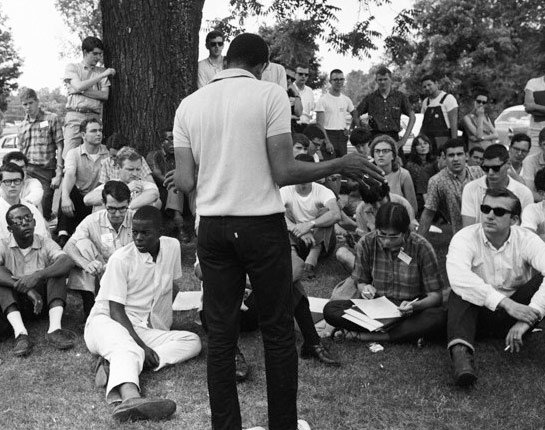


” Cordiality and tact still seem to guide the vast majority of race relations in America, and it’s a tragedy that a lone individual can negate so much good will. As Mississippi’s own Hodding Carter told me, “What is in the hearts of individuals is one thing, how they now find they must act in public is another. When I wrote Freedom Summer, six years ago, I did not delude myself into thinking that racism or its rage had vanished, but I truly thought it had learned to contain itself. The tragedy reminded us that among the random hatreds in our nation, there still exists a targeted rage, most often based on race. Alas, we have become far too accustomed to mass shootings in America, yet the Emanuel AME Church shootings stood out from the rest. What are your thoughts about the Charleston tragedy and the community’s response in the historical context of race relations in the South?Ī: Like everyone, I was shocked by the shootings in Charleston. Q: Your book was selected for The College Reads! program and your visit was arranged prior to the tragic shootings that claimed the lives of nine Charleston citizens at Emanuel A.M.E. Inequality… Tens of thousands of students are involved in one cause or another, so activism is far from finished.Īuthor Bruce Watson will deliver a lecture about his book, “Freedom Summer,” at 7 p.m. The problem for today’s activists - and it’s the reason so many adults think activism has waned - is that there are dozens of worthwhile causes. Today it would be easy to recruit ten times that many IF there were, as in 1964, one single issue that drew all altruistic students. Remember that the entire recruitment of Freedom Summer was about 1,000 people – not that many among a whole nation. Q: Do you believe that the same spirit of activism and idealism that motivated hundreds of college students to descend on Mississippi in the summer of 1964 – at great risk to their own safety – still exists among college students today?Ī: Yes, I believe there is actually a greater spirit of activism and idealism on campus today than in 1964. Church shootings and the role of black churches during Freedom Summer. In the following Q&A with The College Today, Watson discusses student activism in 1964 versus today, offers his thoughts on the Emanuel A.M.E.
#Freedome summer free#
9, 2015, in Sottile Theatre. The event is free and open to the public. Bruce Watson, author of “Freedom Summer: The Savage Season of 1964 That Made Mississippi Burn and Made America a Democracy”īruce Watson, author of the 2015-2016 The College Reads! book selection – “Freedom Summer: The Savage Season of 1964 That Made Mississippi Burn and Made America a Democracy” – will deliver a lecture about his book at 7 p.m.


 0 kommentar(er)
0 kommentar(er)
